As many as 40,000
HIV-positive Americans are resistant to virtually all
antiretroviral drugs, with 20,000 of them in desperate need
of new treatments, AIDS advocate Nelson Vergel told
The Wall Street Journal. Most of those
resistant to anti-HIV medications and on so-called
salvage regimens that can contain as many as six or more
antiretroviral drugs have been HIV-positive for as long as
20 years and cycled through the available treatments
one at a time. This allowed HIV to mutate defenses
against each individual drug and in some cases to even
develop resistance to entire classes of medications.
AIDS researcher
Steven Deeks of San Francisco General Hospital, who is
currently heading a study of 300 HIV-positive adults on
salvage regimens, told the Journal
he believes one reason so many people have
developed multidrug resistance is that they've added
new anti-HIV drugs to their regimens too quickly. Instead,
he suggests, patients experiencing drug resistance
should wait until two--or ideally
three--new medications become available that are
effective in controlling drug-resistant virus. Adding
one new drug to an otherwise failing regimen
significantly boosts the odds that HIV will become resistant
to the new drug as well, he says.
There are several
experimental anti-HIV drugs in development at numerous
pharmaceutical firms that show potential in treating
drug-resistant virus. Vergel says some of these may be
available as early as this summer and early 2007.
(The Advocate)













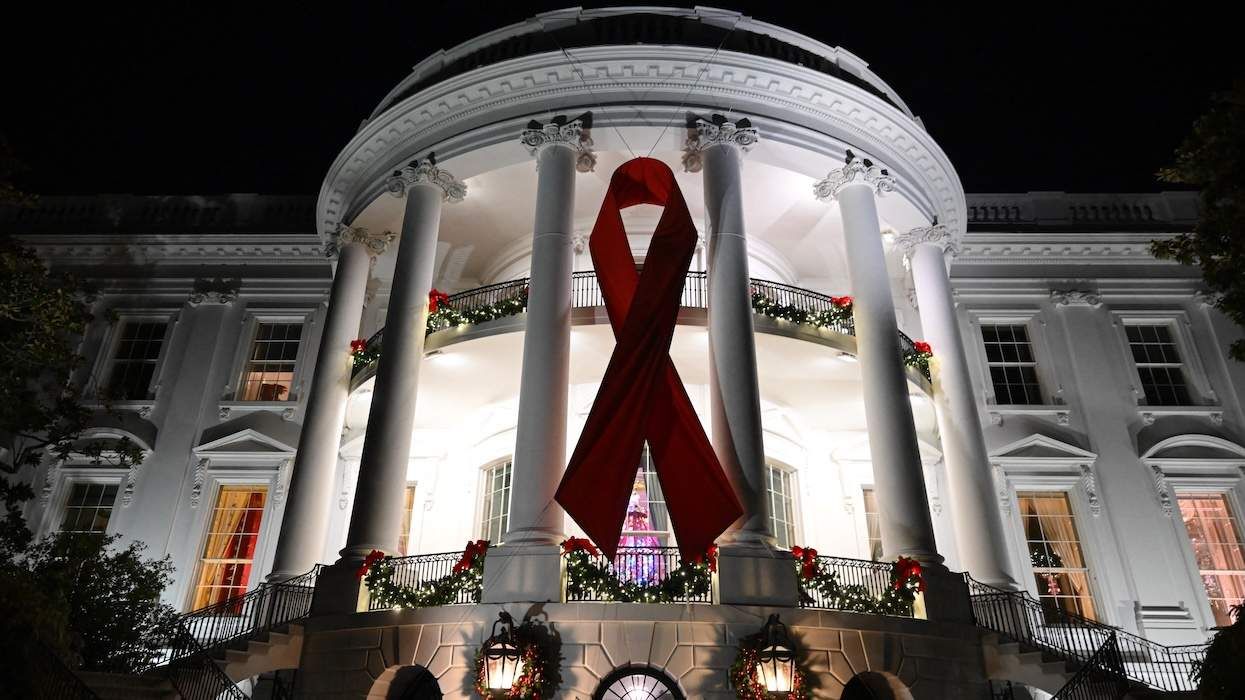

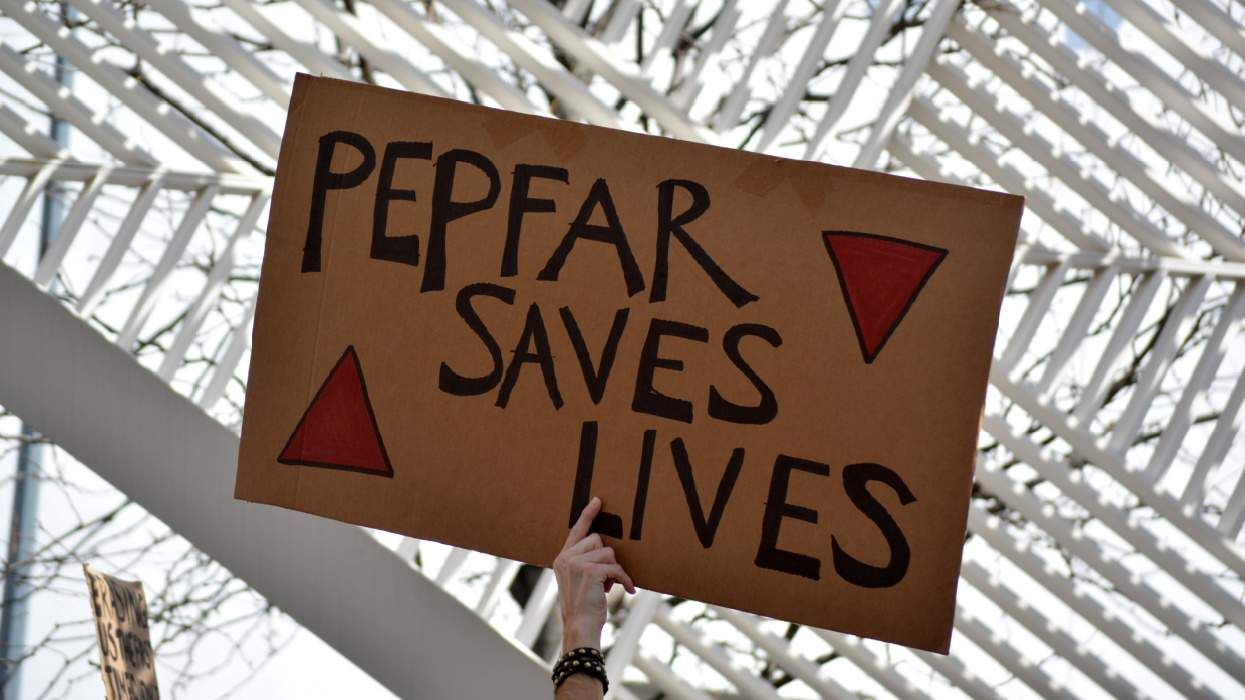





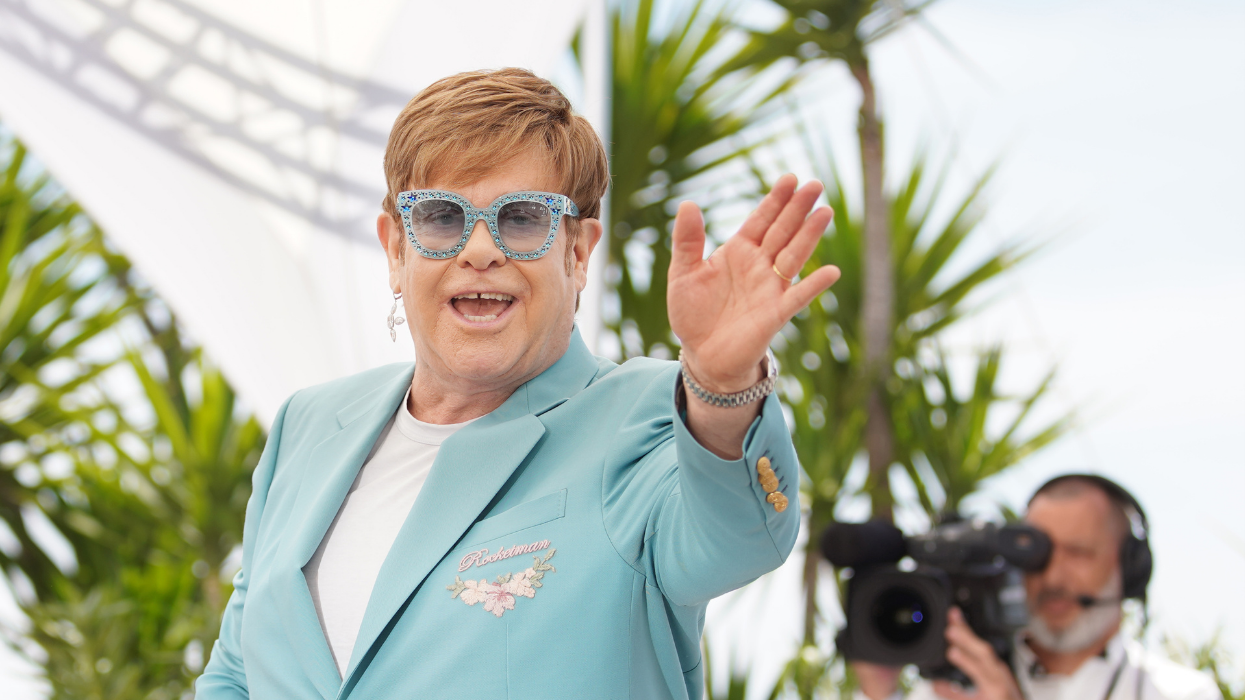

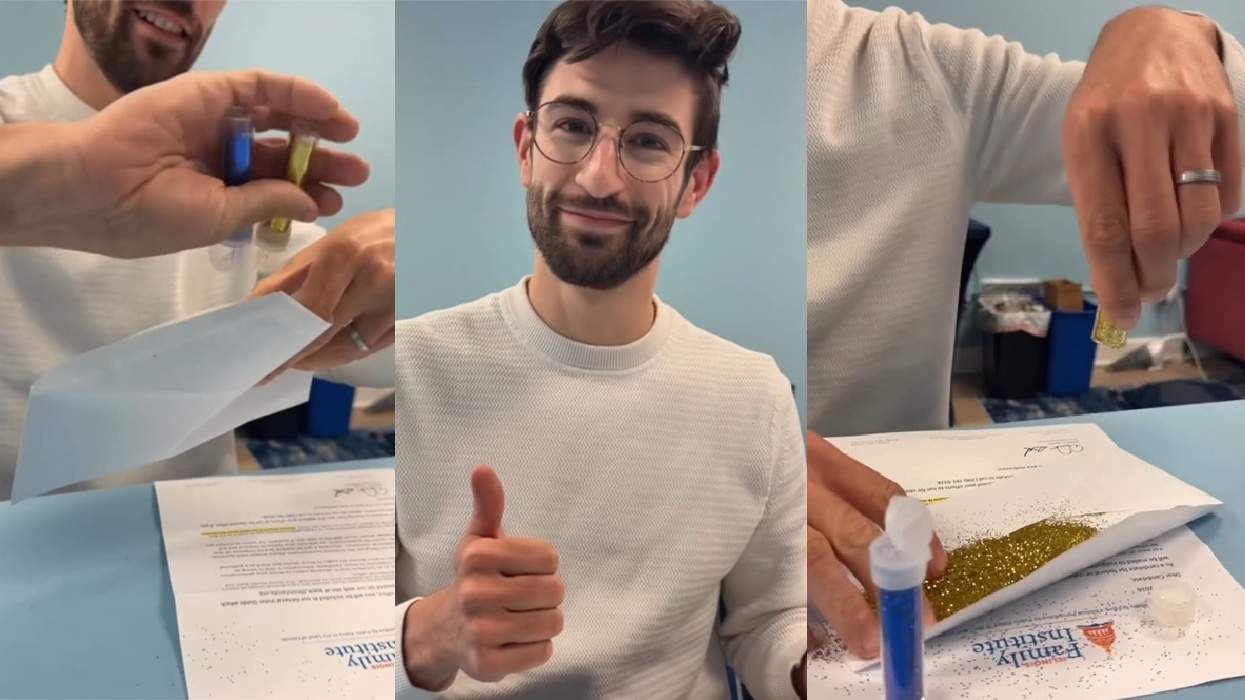


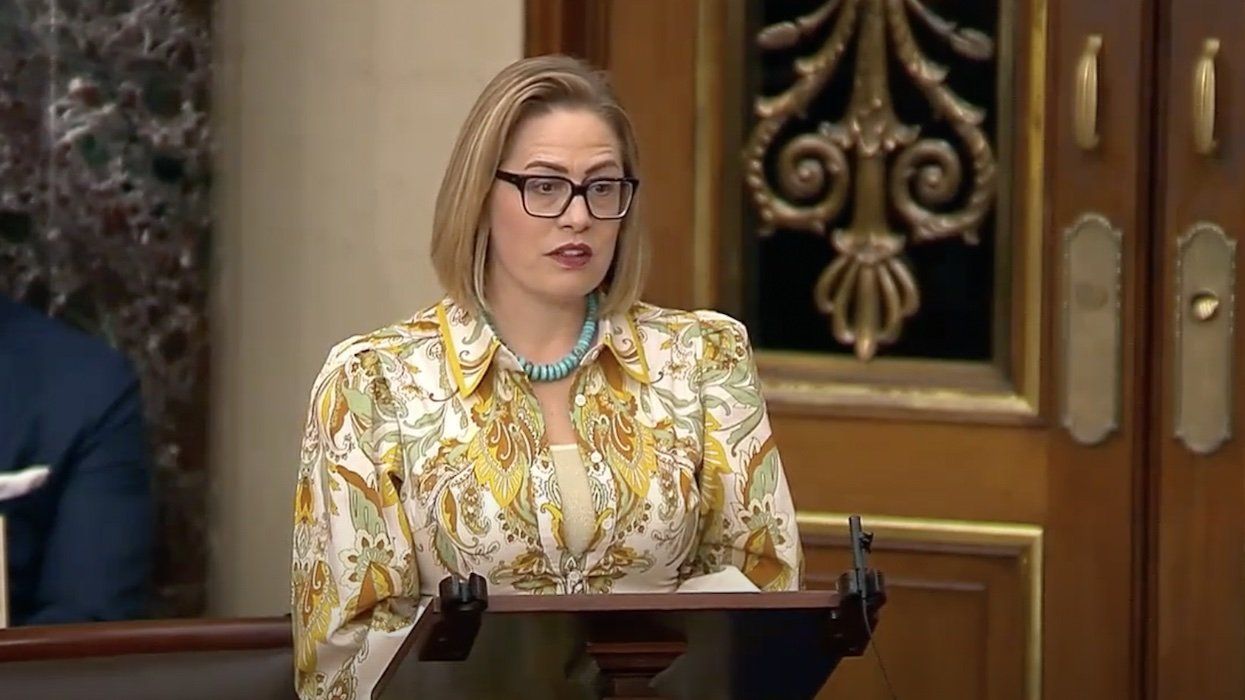









































Charlie Kirk DID say stoning gay people was the 'perfect law' — and these other heinous quotes